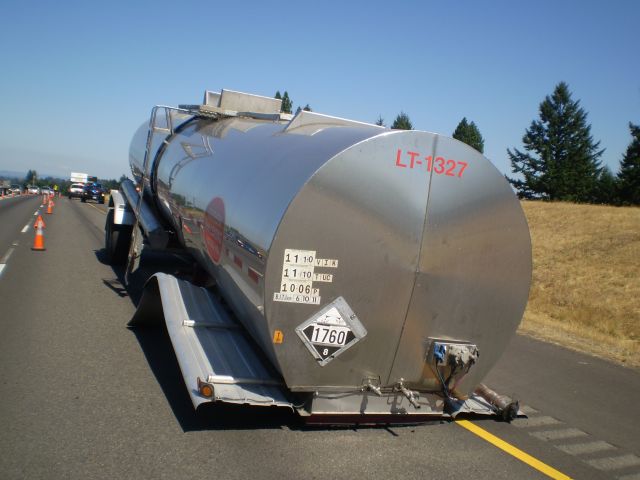Truck accidents are often more complex than passenger vehicle accidents due to the magnitude of damages involved and the multiple parties that may be implicated. In Texas, where the transportation industry is key to the economy, these accidents can have devastating consequences for both victims and the responsible companies. In this post, we will explore how to handle complex claims related to truck accidents and what steps you should take to protect your rights.
1. Understanding the Complexity of Truck Accidents
Truck accidents can involve a variety of factors that complicate claims, including:
- Multiple Liabilities: Truck accidents often involve more than one responsible party, such as the truck driver, the trucking company, the truck or trailer manufacturer, and the vehicle owner.
- Federal and State Regulations: In addition to Texas state laws, truck accidents are regulated by federal regulations, such as those of the Department of Transportation (DOT) and the Federal Motor Carrier Safety Administration (FMCSA).
- Multiple Insurance: Insurance policies may involve multiple coverages, such as the driver’s, the trucking company’s, and additional insurance for the trailer or cargo.
2. Collect Crucial Evidence
To build a strong case, it’s essential to collect and preserve relevant evidence:
- Accident Report: Obtain a copy of the police report that documents the details of the accident.
- Photographs of the Scene: Take photos of the accident scene, the vehicles involved, and any visible damage.
- Witness Testimonies: Collect statements from witnesses who can provide an objective view of the incident.
- Medical Records: Document all injuries sustained and treatment received, including medical bills and diagnostic reports.
- Truck Company Records: Request records related to the truck, such as maintenance, driver history, and any inspection reports.
3. Identify and Deal with Responsible Parties
Determining who is responsible can be complicated due to the multiplicity of potential liable parties:
- The Truck Driver: May be liable if the accident is determined to have been caused by negligence or violation of traffic laws.
- The Truck Company: May be liable if the driver was working at the time of the accident and if the company failed to follow safety regulations.
- The Truck or Trailer Manufacturer: May be liable if the accident was caused by a manufacturing defect.
- The Cargo Owner: May be liable if the cargo was improperly secured or overloaded.
4. Handling Negotiation with Insurance Companies
Insurance companies will play a crucial role in the claim process. Here are some tips for handling this part of the process:
- Document All Communications: Keep copies of all correspondence and conversations with insurance companies.
- Don’t Accept Initial Offers Without Consulting an Attorney: Initial offers from insurance companies are often lower than what you might get. Consult with a specialized attorney before accepting any offer.
- Consider Legal Advice: A personal injury attorney can help you negotiate with insurance companies and ensure that you receive fair compensation.
5. Understand the Legal Process and Possible Strategies
If the case is not resolved through negotiation, you may need to take it to court. Here are some important considerations:
- Review Legal Rules and Procedures: Make sure you understand the specific legal procedures related to truck accident claims in Texas.
- Trial Preparation: Work with your attorney to prepare a solid strategy, present effective evidence, and make your case as compelling as possible.
Handling a complex claim involving a truck accident in Texas requires a thorough understanding of the multiple parties involved and the regulations that affect them. Gathering adequate evidence, accurately identifying those responsible, carefully managing negotiations with insurers, and properly preparing for litigation are all critical to securing fair and adequate compensation.
Get the insights from a truck accident attorney and understand your rights.


